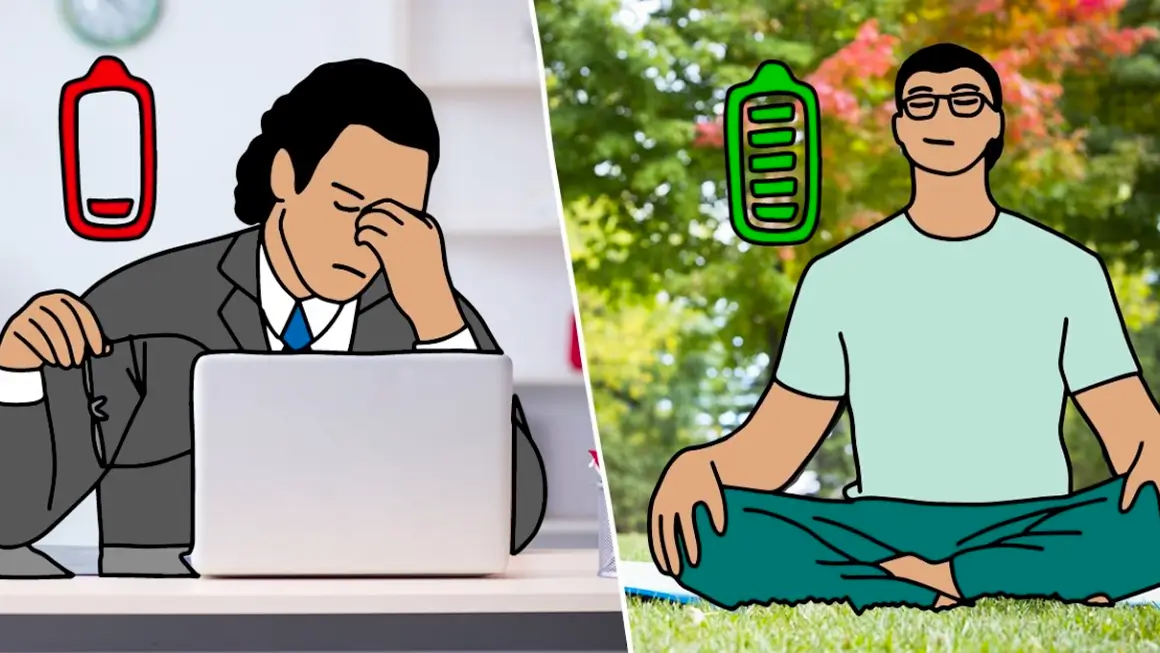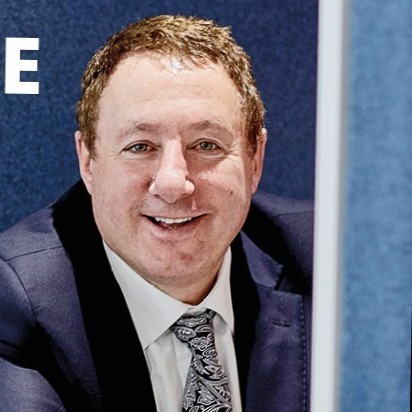Deactivate to reactivate: Take time to switch off

Want to know how to be a more effective entrepreneur and leader? Take some time off.
It may sound counterintuitive but it’s true: ensuring that you have enough downtime each week will make you a better manager of people and allow you to make better decisions.
I know how all-consuming it can be when you are building or starting a business. You feel as though you need to work every single hour of the day if you are to achieve your goals.
Even sleeping at night feels wasteful.
Commit to taking time off each week
There have been times in my life when I have worked non-stop for weeks on end. I remember the impact it had on me, how my mind started spinning and I struggled with basic tasks.
I wish I knew then that I could have been 10x more productive if I had just taken breaks to recharge.
These days, I have a rule. I take one day off every week where I switch off my phone, silence my emails, and put work out of my mind. I deactivate to reactivate.
When I wake the following day, and fire up my laptop, I do it with renewed vigour. It feels so easy – and enjoyable – to complete tasks and work on my business interests.
It’s as though, throughout the week, I have been slowly depleting my supply of oxygen but after a day’s rest, I get a whole new tank.
Did taking a day off every week when I was first building BigChange slow its growth? It did the opposite.
BigChange smashed every goal that we set over the years. I believe that embracing downtime – not just my own, but the whole team’s – helped bring about that success.
We were pioneers when we gave 34 days holiday, giving people more time with their families.
I don’t know if I would have chosen to do this if it weren’t for my faith. I observe the Sabbath because it’s one of Judaism’s most important rituals, but I feel the benefits in all aspects of my life.
Rest and recharge
Whatever your beliefs, it’s important to make that space in your life to rest and recharge.
It’s important to understand what downtime really means. It’s a time where your brain isn’t focusing on anything. Scrolling on your phone or watching TV isn’t downtime.
Naps, walks, meditation, and mundane tasks where your mind can wander – that’s real downtime.
Many studies have shown that the human brain desperately needs enough sleep at night and plenty of breaks during the day.
In his book, Rest: Why you get more done when you work less, Alex Soojung-Kim Pang says that allowing the brain to enter a “resting state” is vital.
“When we are not directly focused on a task, it’s still active, engaging its default network to plug away at problems, examine and toss out possible answers, and look for new information.”
So, leaders, whatever you do this week, make sure you make time to do nothing. Set a good example for your team by having at least one day off and setting your ‘out of office’.
I promise you; you won’t regret it – I never have.



